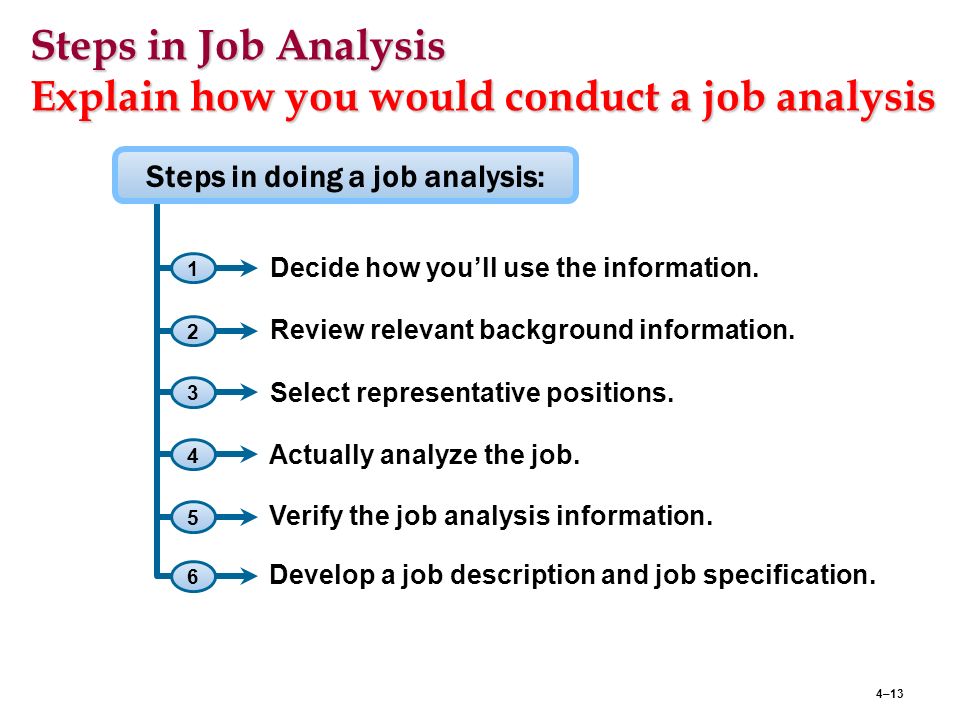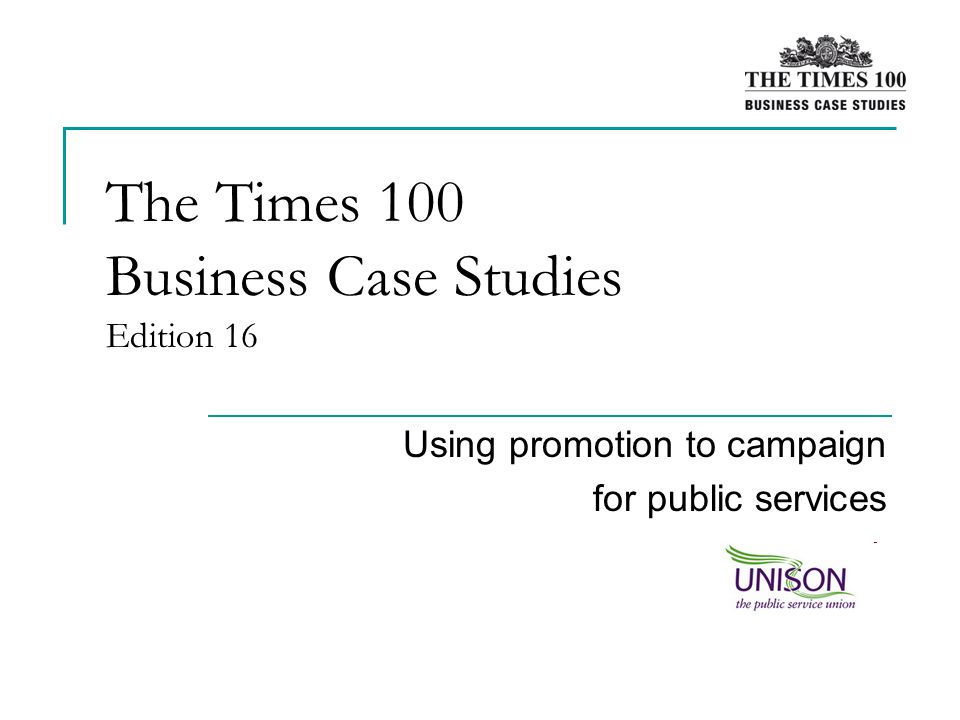
There are several steps to career planning. These steps include career information gathering, setting goals, and self-assessment. Below are some steps of the planning process. You are now ready to move on to the next stage: determining your career goals. It might be useful to take into account your skills, interests, and abilities. A career goal should be specific, determined, and worthy of pursuit.
Career information gathering
Multiple sources are available to help you find career information. These sources can include libraries, trade groups, and businesses. But the problem with using the Internet to find a job is that there are not many central databases that provide comprehensive information. To find the perfect job, you will need to search for listings in your field or discipline and use keywords to narrow down your search. For instance, you may find an entry-level position in a particular field through word-of-mouth referrals.
The first step in your career planning process is to obtain as much information possible. The federal government lists more 31,000 career options. But, students often admit that they only have a limited understanding of these options. Hence, it is crucial to obtain information about different fields and find one that suits you the best. Information about career fields can be obtained from MyPlan, publications on careers, or suggestions from friends.

Goal setting
Setting goals is an important part of career planning. Setting goals can help you create a plan to achieve your career objectives. The feeling of reaching your goals is good. It makes you happier. But without a plan on how to get there, you may end up feeling stuck in a rut. You can break the rut by writing down your goals, and then setting milestones.
A goal-setting software will help you define what you are really passionate about and how you can achieve it. You can identify your interests if you don't have a goal. Learn public speaking if you enjoy public speaking. Learn how to program if you're interested in becoming data analyst. To make it easy to measure your progress, be clear about your goals.
Career progression
It can help an organization recruit, retain and grow its best people by establishing and implementing a comprehensive progression plan. It helps with performance management because everyone is evaluated according to the same standards. This helps reduce favoritism and improves employee satisfaction and loyalty. You can read the following to learn how you can implement a career advancement framework in your company.
Consider the reasons for your career progression plan when deciding on your career path. Do you desire to make a difference in the company's success? To determine your goals, it is important to identify your purpose and what your skills and experiences are. You may feel like you are just treading water, and not knowing what you should do. If you have a purpose or plan, it will keep you from going berserk and make you more productive.

Self-assessment
Doing a self evaluation is the first step to career exploration. The results of your self-assessment may help you identify the best career for you. The self-assessment can also reveal if you are the right person for the job. Although self-assessment does not guarantee you will find your dream job, it can help you make a decision about which career path you want to pursue.
The most effective self-assessment should include details about strengths and weaknesses. Highlight your achievements and highlight what you need to improve. It will show that you are open to learning and growing as a professional, and an asset to your organization by taking the time. Once you've completed your self-assessment, you can begin to plan how to implement your results and move forward.